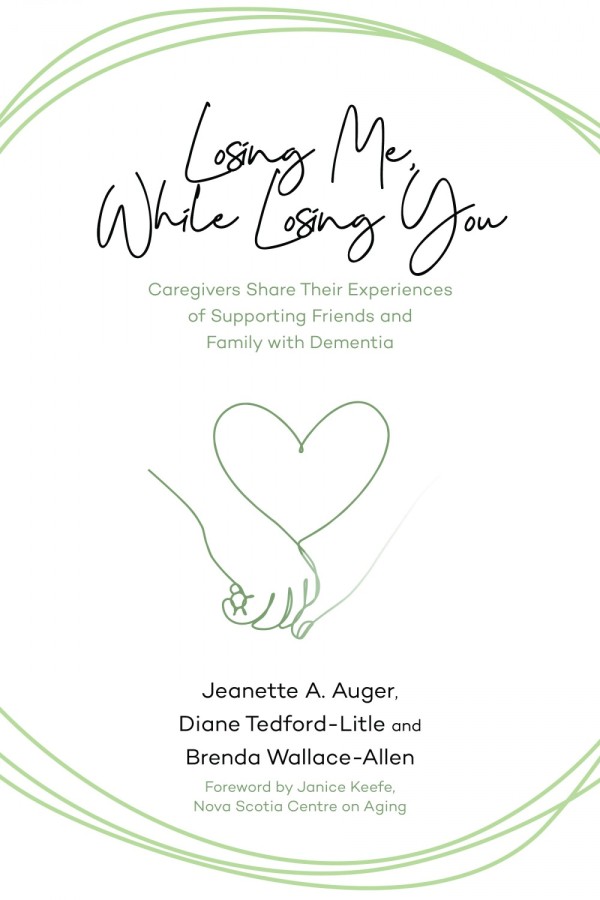KwaZulu-Natal health MEC Nomagugu Simelane has expressed concern about the loss of women’s lives to treatable diseases such as breast and cervical cancer, urging women to prioritise regular health screening and early medical intervention.
Addressing women at a United Congregational Church of Southern Africa conference in Harding, Simelane lamented that women are still dying from illnesses that can be effectively treated if detected early.
“It pains us to see women still losing their lives to such diseases because they have not sought help in time,” she said.
Simelane encouraged women to pay attention to warning signs in their bodies and seek medical care without delay.
“It is important that women take heed of such things so we can seek help and take care of ourselves but also teach our children about how to take care of themselves. That way we will be saving a generation.”
A focus of her message was post-menopausal bleeding which is a condition that can signal serious underlying health issues, including cancer.
“Once you reach menopause, any form of bleeding is abnormal. It must be taken seriously. Do not ignore it, hoping it will go away. It could be a sign of something far more serious and the earlier we catch it the better your chances of survival.”
The MEC pledged support and collaboration with faith-based organisations to spread public health awareness and improve community wellbeing.
“I will strive to avail myself to the church establishment for collaborative efforts that can benefit communities,” she said.
According to Stats SA, breast cancer is the most commonly diagnosed cancer among South African women, accounting for 23.2% of cases in 2019. Cervical cancer follows at 15.9% and colorectal cancer at 4.5%. Together, these three cancers make up 43.5% of all cancers diagnosed in women.
Race-specific data from 2019 shows glaring disparities in breast cancer incidence rates:
white women had the highest rate at 92.02 per 100,000; followed by Indian/Asian women at 53.39; and coloured women at 50.01; while black African women recorded the lowest incidence, at 21.56 per 100,000. The death toll from these diseases is also rising. Between 2008 and 2018 deaths from cervical cancer increased by 50.5% — from 2,653 to 3,994. Breast cancer deaths rose by 42.4% over the same period, from 2,665 to 3,796, according to Stats SA.
Globally, cervical cancer remains a significant threat. The World Health Organisation reported that in 2018 there were 570,000 new cases and 311,000 deaths from cervical cancer worldwide.
In sub-Saharan Africa there were more than 111,000 new cases and a 68% mortality rate that year.
Simelane’s department emphasised the importance of regular Pap smears, particularly for early detection of cervical cancer — a disease that often presents no symptoms in its early stages. Women are advised to begin Pap smear screenings from the age of 30.
“For those who are HIV-negative, a Pap smear is recommended every 10 years — provided they have not had one done in the past five years. Women living with HIV are at a higher risk of developing cervical abnormalities and are advised to have a Pap smear every year,” the department said.
As the disease progresses, signs may include unusual vaginal bleeding (between periods, after intercourse or post-menopause), abnormal discharge or pelvic pain. These symptoms should never be ignored.
With cancers of the breast, cervix, skin, colon and uterus comprising nearly 70% of all cancers diagnosed in South African women, Simelane said routine screening and early diagnosis remain critical tools in saving lives.
“We have the resources in our public health-care system. But we need our people to make use of them before it’s too late.”
TimesLIVE

